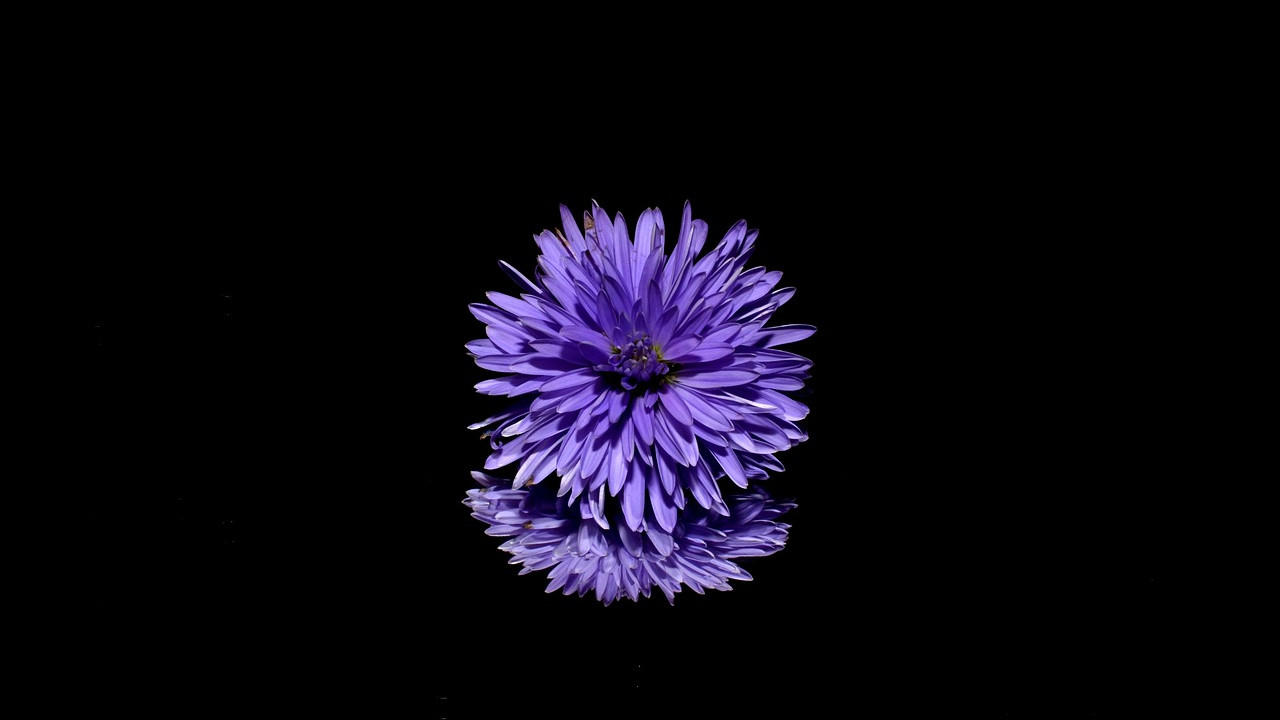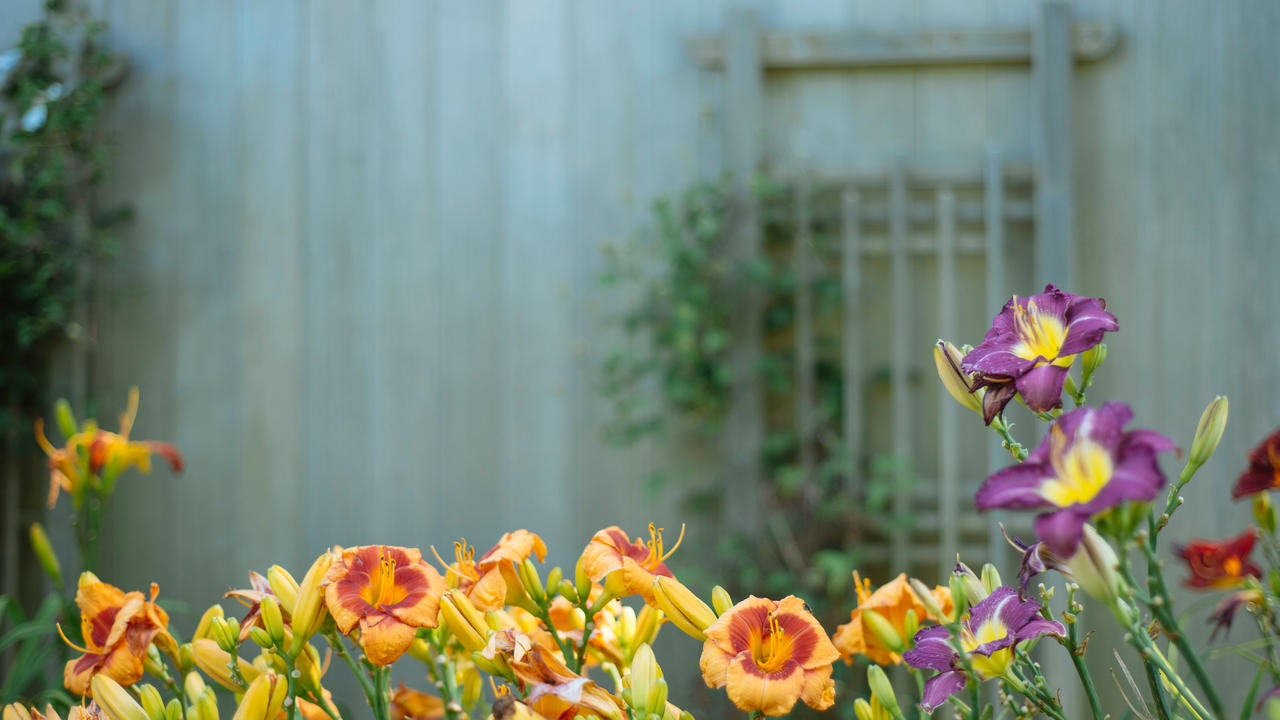Blog
Practice small acts of kindness

In Sura Zilzal, [99:7] Allah says: So. he who has done an atom's weight of good shall see it
Reflection: Scholars explain that this verse means that on the Day Man will recognize the impact of his actions – he will be shown the outcome of his good and bad actions on the Day. And the implication is that even the smallest of deeds will incur more reward than we can imagine.
The virtue of deeds with Him is never in the quantity but is always focused on the intention behind it. In other words, the smallest of good deeds done with a pure intention are weightier than the largest of deeds done for the wrong reasons, such as to look good, to attract accolades or to indebt others to ourselves. It also implies that two people may do the exact same action outwardly but the internal spirit of the action and therefore the reward may be very different based on the intention.
Why: The benefits to us for acts of altruism
When we do small acts of kindness, there are so many benefits that accrue to us ...
Seek counsel and consultation

Sura Shuraa verse 42:38. And their rule is to take counsel among themselves.
Reflection: This sentence in verse 38 is part of a passage that describes the people for whom the Hereafter will be so much better than the world. One of their qualities is that they seek counsel from one another.
Islam recommends that believers seek advice from each other, and discuss things to get the opinions of others.
Why: When we are in the midst of a situation or a problem, it is often challenging to see the big picture or reflect on how our behaviour is playing out in the situation. Our own self interest and ego often results in tunnel vision, which leads to actions not in our ultimate best interest.
Seeking counsel and consultation from a spouse, a good friend, a trusted colleague or a trained professional at such a time can be hugely beneficial. (There is a reason that the most successful CEOs and leaders all have personal coaches and consultants . . .)
This sounds like a modern idea, doesn't it?...
Give full measure

Sura Isra, 17:35 And give full measure when you measure, and weigh with the straight balance. That is better and more virtuous in the end
Reflection: To give full measure when you measure, and weigh with the straight balance means to measure honestly rather than cheating people when trading goods and currency by using a balance that falsely overstates or understates the weight of what has been put upon it. It also means in a general way, to barter or exchange goods fairly and honestly so that what is given is equal to what is received.
Why: Trust is the basis of an evolved society. When transactions are carried out on the basis of trust, transactions are speeded up and less resources are needed for monitoring and accounting. In Switzerland for example, the entire transit system runs on the basis of trust. You buy your own ticket and only very rarely are random checks made. It is even rarer for those checking to catch someone who has not paid.
How: Let us look at our lives and see where...
Stop the blame game

In Sura Ibrahim, verse 14:22, it says: And do not blame me but blame yourselves.
Reflection: This verse from Surah Ibrahim is part of a conversation when Shaytan is telling mankind that instead of blaming him they should blame themselves.
Blaming others for our choices in life is SO easy isn't it? It also feels good in the moment because we do not have to deal with the pricks of conscience or negative emotions that accompany our poor choices and actions.
Ultimately however, blaming others is immobilizing and creates a feeling of powerlessness.
Why? If we convince ourselves that power and responsibility lies outside of ourselves, and someone else is to blame for what we are doing, it follows that we have no control or agency to change our situation. This leads to a victim mentality. Not a very inspiring way to live, is it?
We have been give free will to make choices in our lives, however limited or unpleasant those choices appear in the moment. When we accept this gift of choice, we beg...
Developing a personal relationship with the Quran

Today we begin a series of conversations on the love letter of the Divine to mankind – the Holy Quran. His word, sent to comfort and guide us through our life on this planet until we meet Him.
What does the Quran mean to you?
What role does it play in your daily life?
Does it guide you when you are confused, stop you from harm, encourage you towards good, comfort you when you are distressed, heal you when you are sick?
In Sura Isra (17:82), Allah says: We send down from the Quran what is a cure and a mercy to the faithful.
Such a beautiful verse. The medicine is here. But often we are so enraptured with the wrapping of the medicine that we do not unwrap and ingest it so that it may heal us spiritually, emotionally and physically.
So let us unwrap this medicine and partake of its healing mercy by developing a close personal relationship with the Quran.
Let's see how we can do this as simply and practically as possible.
We will, In sha Allah, be covering some action verses of the Quran...
How to use and ask the Questions

Over the last couple of weeks, we have been exploring the wisdom in The Coaching Habit: Say Less, Ask More & Change the Way You Lead Forever.
The book really helps the reader recognize how we can be "advice giving maniacs" and how we often don't even know what the problem is, but we've got some thoughts about how to go around fixing it. (it is SO easy isn't it – to give advice on how to fix problems we don't know much about!!)
I hope that you have been playing with the questions at work and at home and are beginning to explore the power of these simple questions to make us effective in our interactions and communications with others. Once we begin 'playing' with the questions (however imperfectly) and notice the power, we are likely to want to do more of it.
In the book, Stanier offers great suggestions on how to use the questions in what he calls "Question Asking Master classes" and on how to practice the questions so that they become a habit. If you are looking for what to read nex...
The Learning Question

I love love love Stanier's learning question. The learning question is a great way to distill the wisdom from every interaction and leave people with real value for their time and yours.
The learning question allows us to gain insights from both successes and mistakes. It turns every conversation into a self growth moment.
The learning question is this: "What was most useful to you about this conversation?"
There is solid neuroscience embedded in the learning question. In Make It Stick: The Science of Successful Learning Brown, Roediger and Mc Daniel say that the most important thing about learning is to "interrupt the process of forgetting". They explain that forgetting starts happening immediately, so by asking this question at the end of a conversation, we create the first interruption it that slide towards "I've never heard that before".
Apart from helping us remember the major takeaways from an important conversation, the Learning Question does two other important things:
Firstly...
The Strategic Question

In The Coaching Habit, Stanier distinguishes between great work (the work that you love to do, has meaning, is connected to your purpose and makes an impact) versus all other 'good work' (the work that you've got to get through, the everyday tasks, 'this is my job description' kind of work).
(For parents and family members, this also applies to us. Great work of relationship is connection, intimacy, support, influence, legacy – that kind of thing)
Stanier recommends asking the Strategic Question before accepting to do more busy, 'good' work that has little impact. The Strategic Question is this: If you are saying YES to this, what are you saying NO to?
This question is especially useful for those of us who have a very hard time saying no. (Remember the DailyWisdom on Pause Before You Promise?)
When we cannot say no, our schedules tend to get full of busy work and priorities which are not our own.
Stanier puts it very beautifully when he says: "A Yes is nothing without the No that giv...
The Foundation Question

The Foundation Question is: "What do you want?"
In The Coaching Habit, M.B. Stanier says that he sometimes calls The Foundation Question the "Goldfish Question" because it often elicits that response: slightly bugged eyes, and a mouth opening and closing with no sound coming out.
This simple question is often difficult for many people to answer. Firstly, because it is easier to articulate what we DON'T want rather than focus on what we DO want. Secondly, because even if we are able to figure out what we really want, it is less than easy to ask for it.
So when you ask this question, be prepared for the goldfish response. And then ask it again: "What do you want"? To be even more effective, you can follow up the response with: "What do you really want"?
Who matters most?

The next question on our quest for self discovery is an easy one: who matters most in your life? Which 3-5 relationships are the most important ones to you?
The follow up questions to this one are a little less easy to answer: do these people know that they matter to you? How do they know? What do you do to demonstrate or express how important they are?
How do you nurture these relationships?
